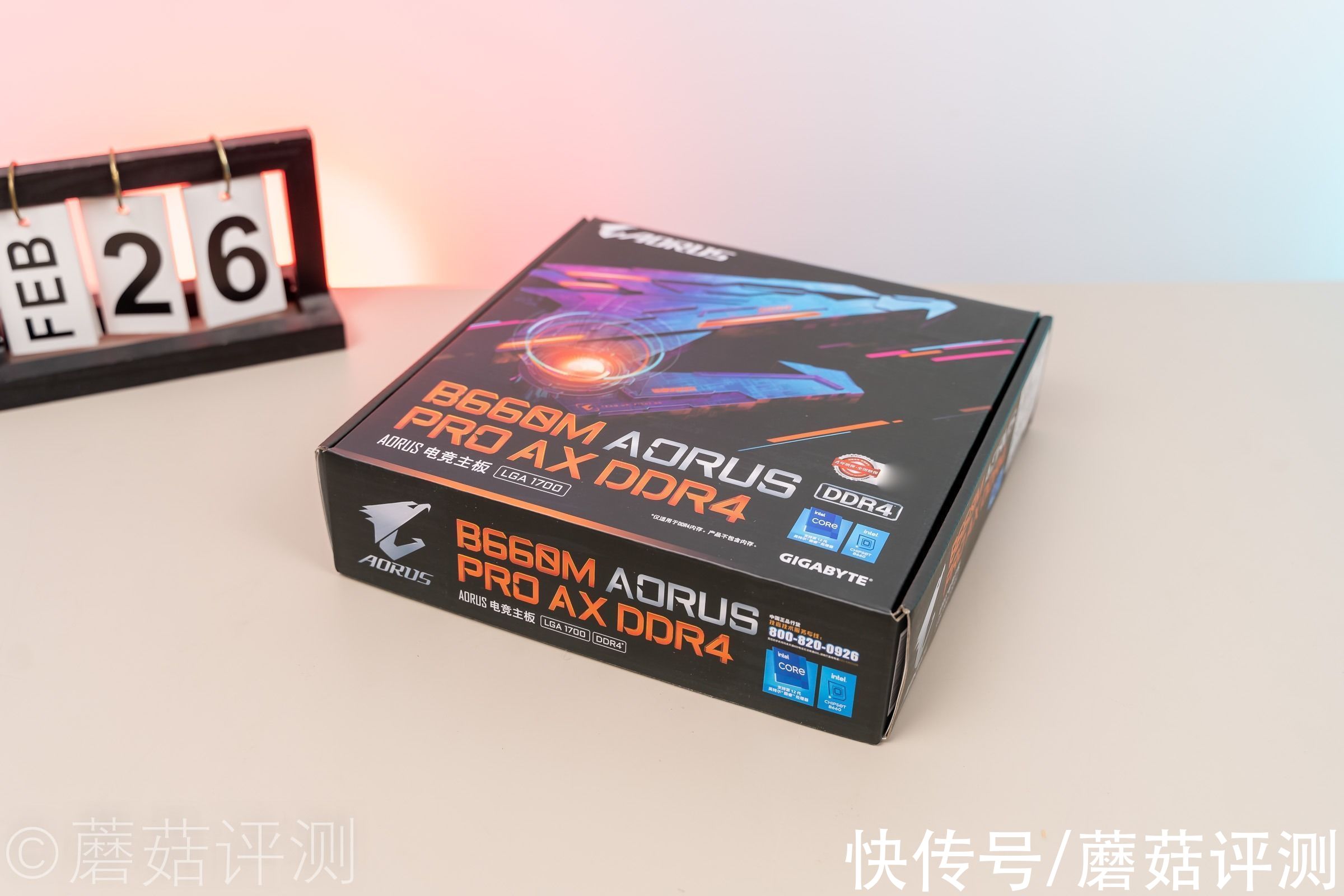从入口开始
在学习使用Sentinel时可以知道,Sentinel的限流入口是Sphu.entry()。那我们就从Sphu.entry()开始,像剥洋葱一样打开Sentinel。
/**
* Checking all {@link Rule}s about the resource.
*
* @param name the unique name of the protected resource
* @throws BlockException if the block criteria is met, eg. when any rule's threshold is exceeded.
*/
public static Entry entry(String name) throws BlockException {
return Env.sph.entry(name, EntryType.OUT, 1, OBJECTS0);
}Env类将触发Sentinel的所有初始化操作。它拥有一个属性sph,这个属性的实现类是CtSph。
进入CtSph类查看entry的实现。
@Override
public Entry entry(String name, EntryType type, int count, Object... args) throws BlockException {
StringResourceWrapper resource = new StringResourceWrapper(name, type);
return entry(resource, count, args);
}
在这段代码里首先生成了一个StringResourceWrapper对象。追踪进去发现进入了entryWithPriority方法。
private Entry entryWithPriority(ResourceWrapper resourceWrapper, int count, boolean prioritized, Object... args)
throws BlockException {
Context context = ContextUtil.getContext();
if (context instanceof NullContext) {
// The {@link NullContext} indicates that the amount of context has exceeded the threshold,
// so here init the entry only. No rule checking will be done.
return new CtEntry(resourceWrapper, null, context);
}if (context == null) {
// Using default context.
context = MyContextUtil.myEnter(Constants.CONTEXT_DEFAULT_NAME, "", resourceWrapper.getType());
}// Global switch is close, no rule checking will do.
if (!Constants.ON) {
return new CtEntry(resourceWrapper, null, context);
}ProcessorSlot这个方法做了下面几件事:
- 查看是否有可用的Context,如果没有,则生成一个Context
- 检查全局开关是否关闭了,如果是关闭的则返回一个不受限制的Entry对象
- 进入lookProcessChain()方法获取/生成slot(元件、插槽)链
- 执行slot链的entry()方法
ProcessorSlot跟进
SlotChainProvider.newSlotChain()方法,实际是由DefaultSlotChainBuilder中的build()方法生成一个新的slot链表,这个slot链表里有:- NodeSelectorSlot:负责生成调用路径
- ClusterBuilderSlot:负责维护资源的运行统计(响应时间、并发量、线程数、异常),以及调用者列表
- LogSlot:记录日志
- StatisticSlot:负责统计与ClusterBuilderSlot限流运行统计不同维度的数据
- AuthoritySlot:负责黑白名单控制
- SystemSlot:根据设置的系统规则及前面slot的统计信息进行系统流量控制
- FlowSlot:根据设置的限流规则和前面的统计信息进行流量控制
- DegradeSlot:根据设置的降级规则及前面的统计信息进行服务降级控制













